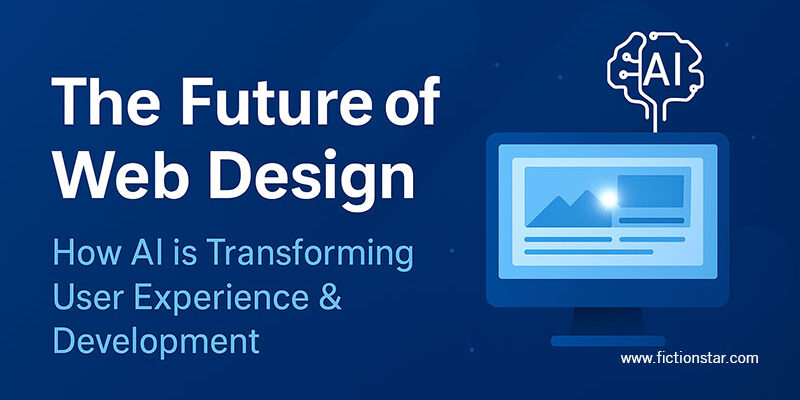In today’s fast-paced digital world, web design and development are evolving at lightning speed ⚡. One of the biggest game changers in this space is Artificial Intelligence (AI) 🤖. From personalized user experiences to automated coding and smart design suggestions, AI is reshaping how websites are built, designed, and optimized. For businesses, agencies, and startups, understanding this transformation is crucial for staying competitive in the digital landscape.
1. Smarter User Experience (UX)🖥️
AI-driven algorithms analyze user behavior, preferences, and interactions in real time 📊. This allows websites to adapt dynamically and deliver personalized content, product recommendations, or layouts that improve engagement. For example, AI can adjust a homepage based on whether a visitor is a first-time user or a returning customer—making the experience more intuitive and conversion-focused.
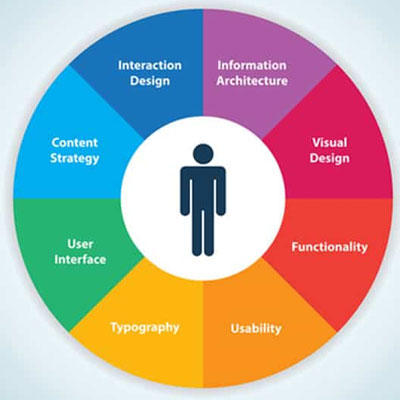
2. AI-Powered Design Tools 🎨
Modern AI tools such as Wix ADI, Bookmark, and Figma’s AI integrations can now generate website layouts, color palettes, and even content automatically. Web designers and developers can save time on repetitive tasks and focus more on creativity and strategy, while AI handles the heavy lifting. This means faster project delivery and more professional-looking websites for businesses.
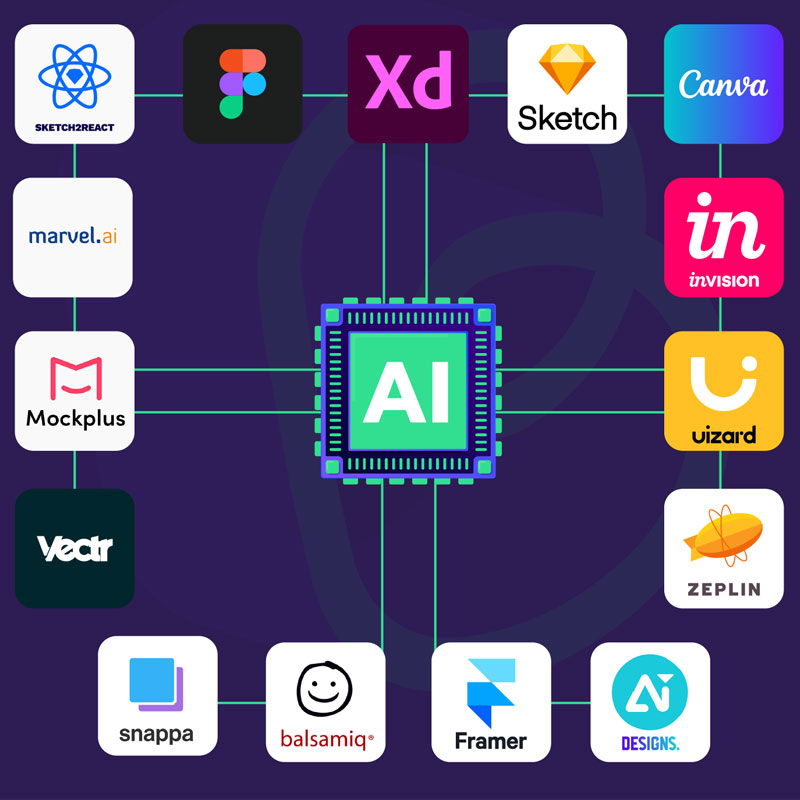
3. Automated Web Development
AI can write clean, optimized code snippets, detect bugs, and even suggest performance improvements. This speeds up the development cycle and reduces human errors, helping developers create robust and scalable websites more efficiently. For web development companies, this means improved productivity and reduced costs.
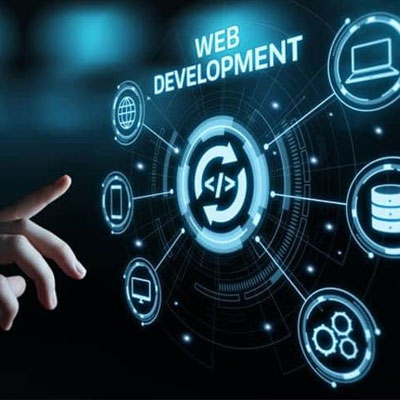
4. Conversational Interfaces & Chatbots 💬
AI-driven chatbots enhance customer support by providing instant answers, 24/7 availability, and personalized assistance. Beyond customer service, conversational AI can be integrated into websites to guide users, making navigation more interactive and intuitive. This trend is especially beneficial for eCommerce websites and service providers looking to boost customer satisfaction.
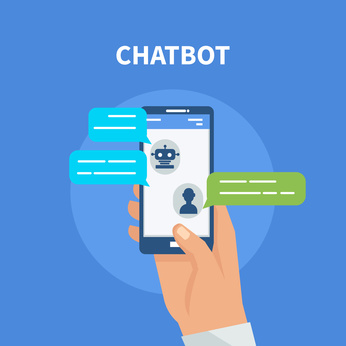
5. Voice & Visual Search Integration🔊
As more users rely on voice assistants and visual search, AI ensures that websites are optimized for these new technologies. Voice-friendly navigation and image recognition features are becoming essential for future-ready web design. Businesses investing in AI-driven optimization will have an edge over competitors in search visibility and customer reach.
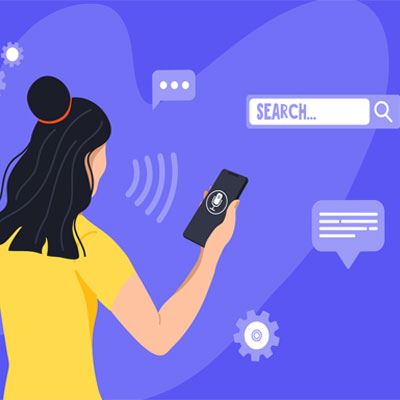
6. Data-Driven Personalization📈
AI analyzes massive amounts of data to understand user intent and preferences. Websites can then provide targeted content, personalized offers, and seamless user journeys that increase conversions and customer satisfaction. For example, an AI-powered eCommerce site can recommend products based on past browsing or purchase history.
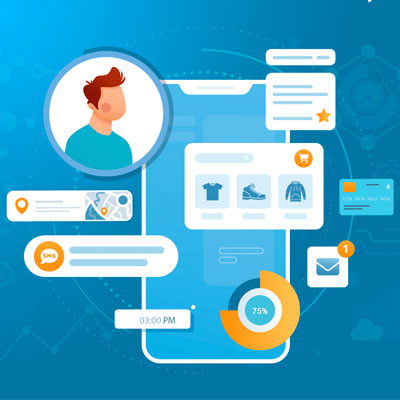
7. Predictive Analytics & Decision Making 🔮
With predictive AI, websites can anticipate user actions—whether it’s suggesting a product, optimizing checkout flows, or preventing cart abandonment. This proactive approach creates smoother experiences, boosts engagement, and improves overall business outcomes.


